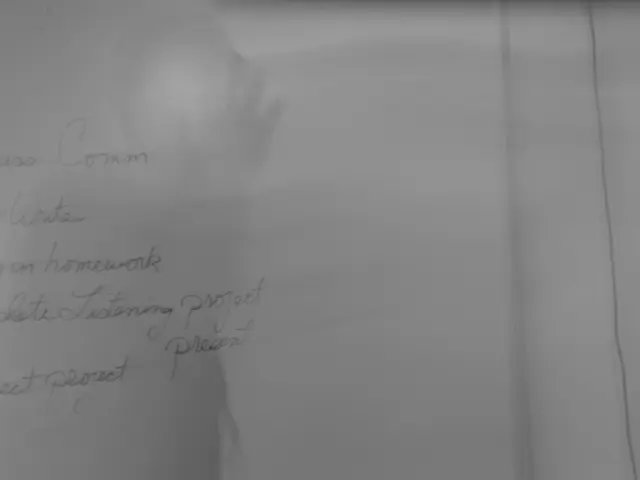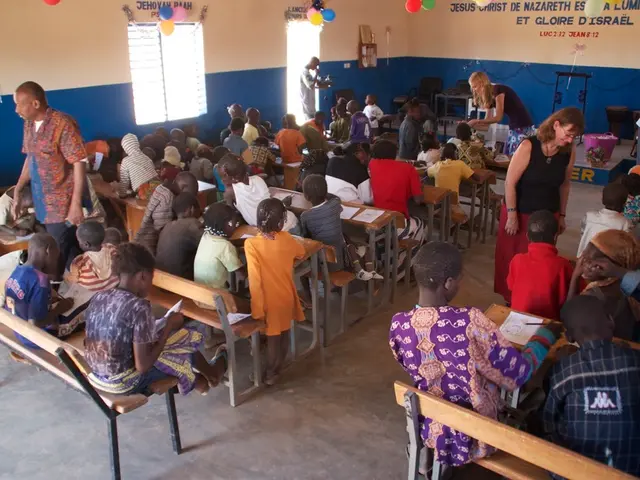Secret Consultation Among UNSC Members Regarding Indo-Pak Standoff: Another Setback for Pakistan
Tensions Between India and Pakistan: The recent preparations by India to retaliate against the perpetrators of the Pahalgam terror attack on April 22 have put Pakistan in a frenzy. To counteract India's moves, Pakistan has been mobilizing its troops towards the border and hastily contacted the United Nations Security Council (UNSC) for a closed-door consultation on the escalating situation.
Intriguingly, despite the UNSC's meeting being held at Pakistan's request, Islamabad failed to garner the support it desired, as the session resulted in no conclusions, no statements, and no formal declarations. Just days prior, India had publicly shamed Pakistan at the UNSC, labeling it a 'terror-state.'
As per reports, the UN Security Council members subjected Pakistan to tough inquiries during today's informal session. They flat-out rejected Pakistan's "false flag" scenario and expressed doubt about the involvement of the Lashkar-e-Taiba, a militant group suspected of having ties to Pakistan.
Broad condemnation of the terrorist attack and explicit agreement on the importance of accountability were among the responses from members of the UNSC. Several even pointed out the despicable targeting of tourists based on their religious beliefs. Concerns about Pakistan's missile testing and nuclear rhetoric, which were deemed escalatory, were raised by multiple nations. Pakistan's attempts to internationalize the situation also faced setbacks. Instead, they were encouraged to address their issues with India bilaterally.
According to the Security Council president, Evangelos Sekeris, the meeting was constructive, yet it did not achieve any tangible results. "The Security Council is always there to facilitate efforts aimed at de-escalation," emphasized Sekeris. "It's our responsibility."
As the meeting was a closed consultation, the meeting's proceedings remain classified and confidential, with no official records available. Assistant Secretary-General Mohamed Khaled Khiari, who briefed the meeting prior to his departure, made it clear that all parties desired de-escalation. Russia's Deputy Permanent Representative, Anna Evstigneeva, who was in attendance, echoed Sekeris' sentiments, expressing hope for de-escalation.
The request for the closed consultation was made by Pakistan's Permanent Representative, Asim Iftikhar Ahmad, who sought the meeting because non-members of the Council are excluded from participating, effectively barring India's participation while Pakistan attended as a current elected member.
Before the meeting took place, Secretary-General Antonio Guterres urged both nations to "step back from the brink" and avoid a military conflict that could potentially spiral out of control. Guterres also forcefully condemned the massacre of 26 individuals in Pahalgam last month and acknowledged the raw emotions stirred by the tragic event.
- The UNSC session, held in response to Pakistan's request, ended without any formal condemnation of India or conclusions about the Pahalgam terror attack.
- During the closed consultation, the UNSC members subjected Pakistan to tough inquiries, questioning its "false flag" scenario and doubting the involvement of the Lashkar-e-Taiba, a militant group suspected of having ties to Pakistan.
- As the meeting proceeded, several UNSC members expressed concerns about Pakistan's missile testing and nuclear rhetoric, which were deemed escalatory, and urged Pakistan to address its issues with India bilaterally.








